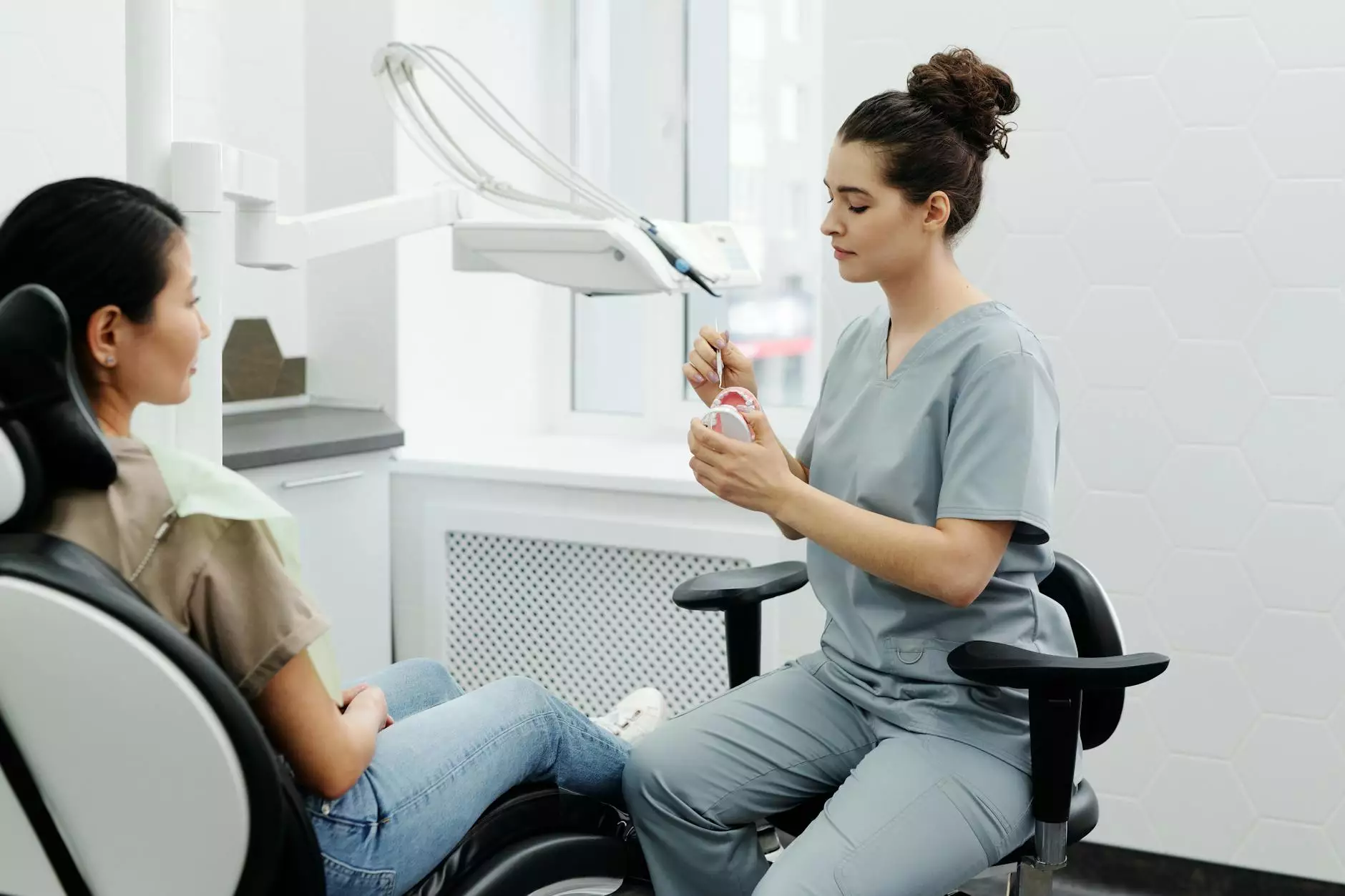Understanding the Role of a **Lung Doctor**: Championing Your Respiratory Health

When it comes to our health, we often prioritize aspects we can see—the heart and skin, for example. However, one of the most vital facets of our well-being lies deep within us, in the lungs. The importance of pulmonary health cannot be overstated, which is where a skilled lung doctor comes into play. This article delves into everything you need to know about selecting the right lung doctor, the conditions they treat, and how they contribute to your health journey.
The Importance of Pulmonary Health
Our lungs are essential organs responsible for the vital process of breathing. They supply oxygen to our bloodstream and remove carbon dioxide. A multitude of factors can compromise lung health, including pollution, occupational hazards, smoking, and genetic predispositions. Here are some key reasons why maintaining pulmonary health is crucial:
- Oxygen Supply: Lungs deliver oxygen necessary for survival to all body parts.
- Toxin Removal: They expel harmful gases and pollutants, protecting the body from illness.
- Overall Wellbeing: Healthy lungs contribute to enhanced physical performance and reduced fatigue.
What Conditions Does a Lung Doctor Treat?
A lung doctor, or pulmonologist, specializes in diagnosing and treating a variety of lung conditions. Understanding these conditions can help you make informed decisions when seeking medical assistance. Here are several common conditions treated by lung doctors:
- Asthma: A chronic condition leading to wheezing, shortness of breath, and coughing.
- Chronic Obstructive Pulmonary Disease (COPD): A progressive disease that obstructs airflow and makes breathing difficult.
- Pneumonia: An infection that inflames the air sacs in one or both lungs.
- Interstitial Lung Disease: A group of disorders that cause scarring of lung tissue.
- Sleep Apnea: A serious sleep disorder that causes breathing to repeatedly stop and start during sleep.
- Lung Cancer: A leading cause of cancer-related deaths; early detection is crucial.
How to Choose the Right Lung Doctor
Selecting the right lung doctor can significantly impact your health outcomes. Here are key factors to consider when making your choice:
1. Credentials and Experience
Ensure your lung doctor is board-certified and has extensive experience in treating lung conditions. Look for their educational background and any additional certifications that may enhance their credibility.
2. Specialization
Some lung doctors specialize in particular areas of pulmonary health, such as sleep medicine or lung cancer. Knowing your specific needs can guide you to a doctor who has the relevant expertise.
3. Hospital Affiliations
Consider where your lung doctor practices. Being affiliated with reputable hospitals or medical centers can improve the quality of the care you receive.
4. Patient Reviews and Testimonials
Reading reviews from other patients can provide insight into the doctor’s approach and effectiveness. Look for comments on their professionalism, treatment success rates, and patient satisfaction.
5. Availability and Approachability
Your lung doctor should be someone you feel comfortable talking to about your health. Consider their willingness to answer your questions and address your concerns.
Common Tests and Procedures Conducted by Lung Doctors
When visiting a lung doctor, you may undergo various tests and procedures to assess your lung health. Understanding these procedures can alleviate anxiety:
- Pulmonary Function Tests (PFTs): Measure how well your lungs work. It assesses lung capacity and airflow.
- Chest X-rays: Visualize the structures inside your chest, helping diagnose conditions like pneumonia and lung cancer.
- CT Scans: Provide detailed images of your lungs and help detect abnormalities.
- Bronchoscopy: Allows doctors to view the airways and collect tissue samples.
- Sleep Studies: Monitor your breathing during sleep to diagnose conditions such as sleep apnea.
Preventive Measures for Lung Health
While seeking treatment is vital, taking preventive measures plays a significant role in maintaining pulmonary health. Here are actions you can take:
1. Avoid Smoking
Quitting smoking is one of the most effective ways to protect your lungs. Avoid exposure to passive smoke, which can also have detrimental effects.
2. Maintain Healthy Indoor Air Quality
Ensure proper ventilation in your home, use air purifiers, and minimize the use of strong chemicals and pollutants.
3. Exercise Regularly
Engaging in physical activities enhances lung capacity and efficiency, promoting overall health.
4. Get Vaccinated
Vaccinations against influenza and pneumonia can significantly reduce the risk of lung infections.
5. Monitor Your Health
Stay vigilant about any changes in your respiratory health, and reach out to a lung doctor if you notice persistent symptoms like coughing or shortness of breath.
Conclusion: Your Partner in Respiratory Health
Choosing the right lung doctor is a critical step in taking control of your lung health. By being proactive and informed, you can ensure that your respiratory system remains robust and healthy. Remember, the earlier you recognize and address any issues, the better chance you have of enjoying a long, vibrant life. The team at hellophysio.sg is dedicated to providing top-notch services in health and medical fields, including lung and respiratory care. Make your wellness a priority today!









